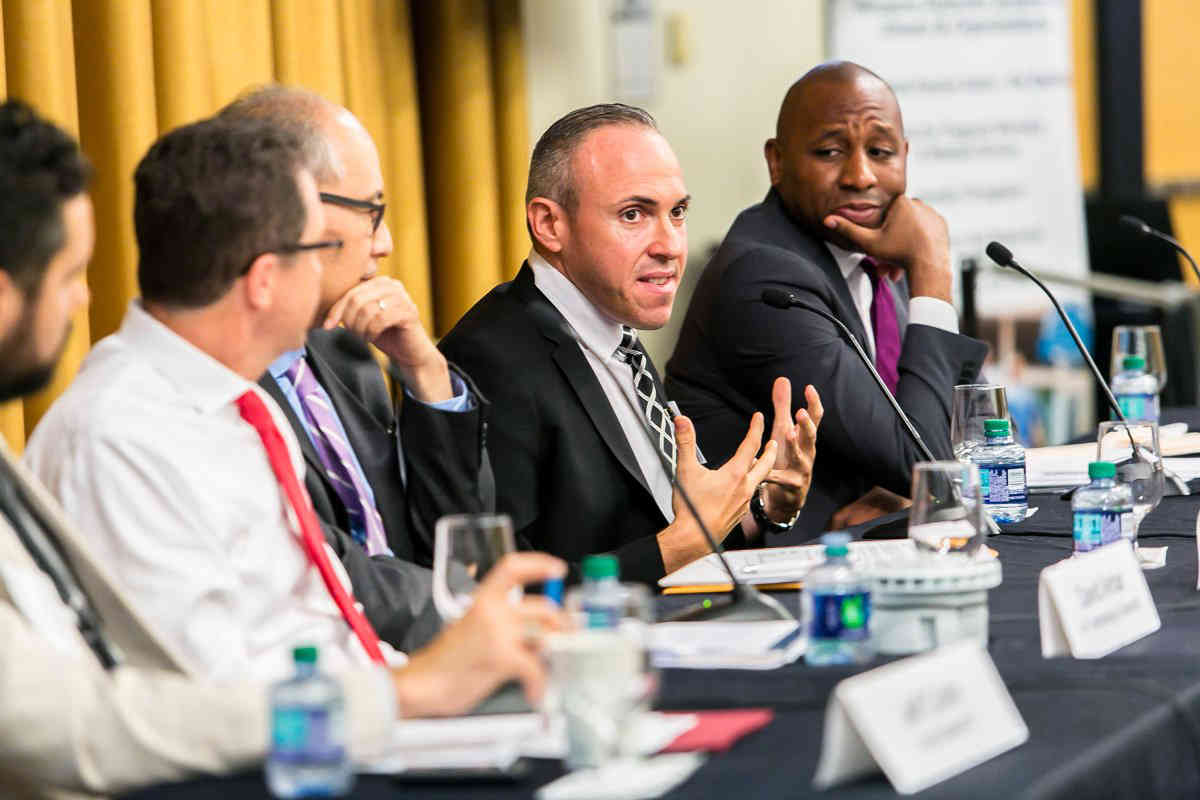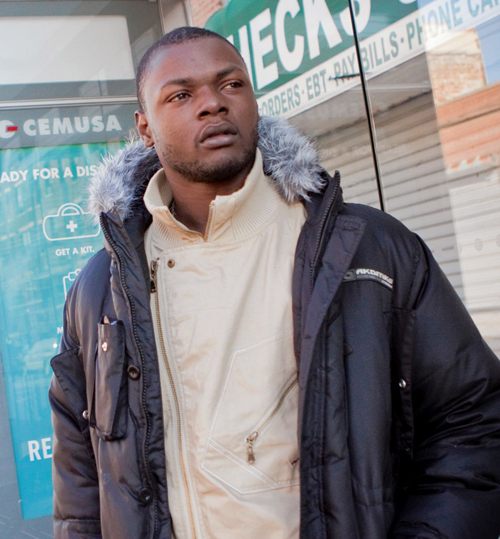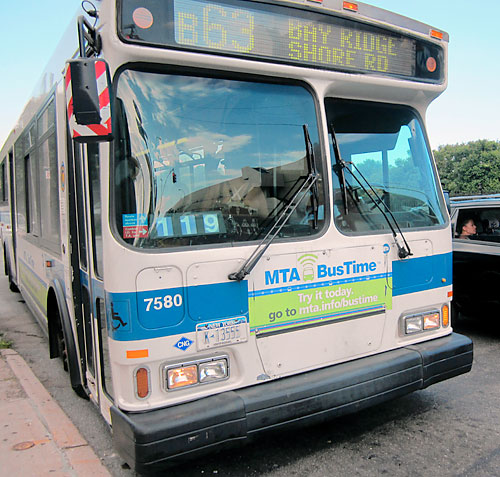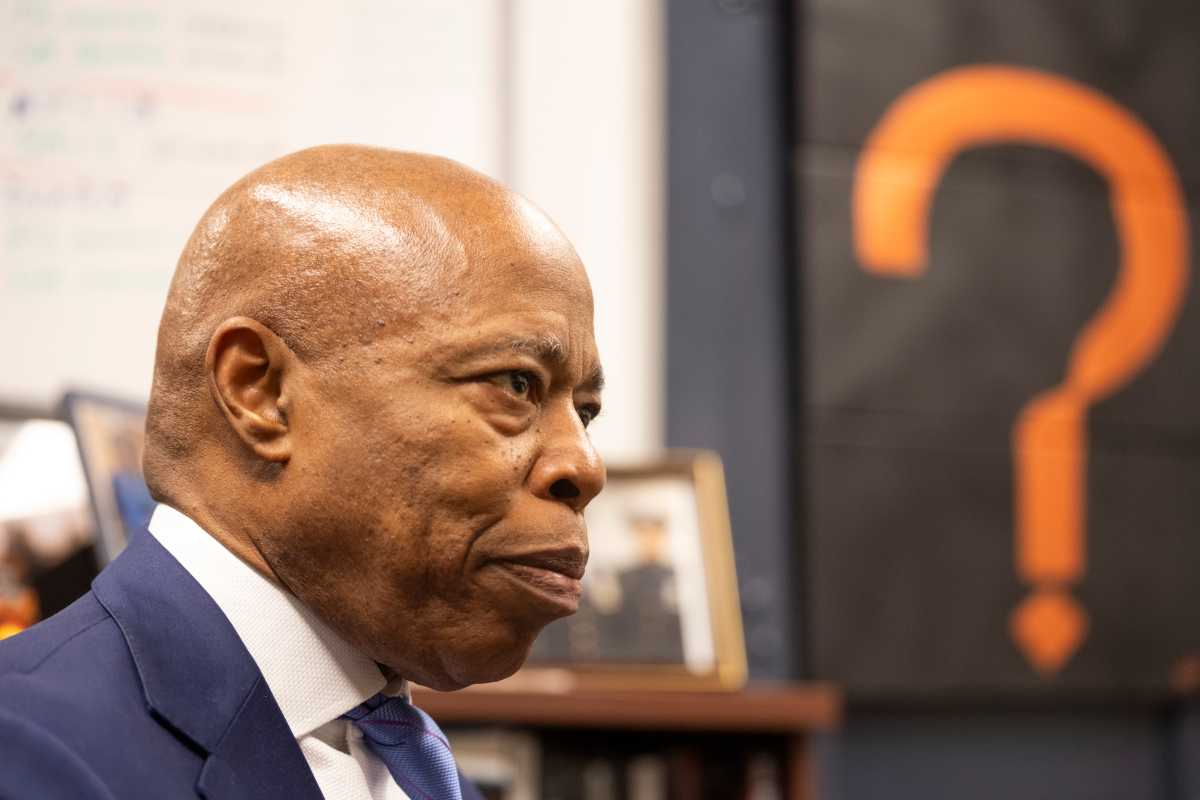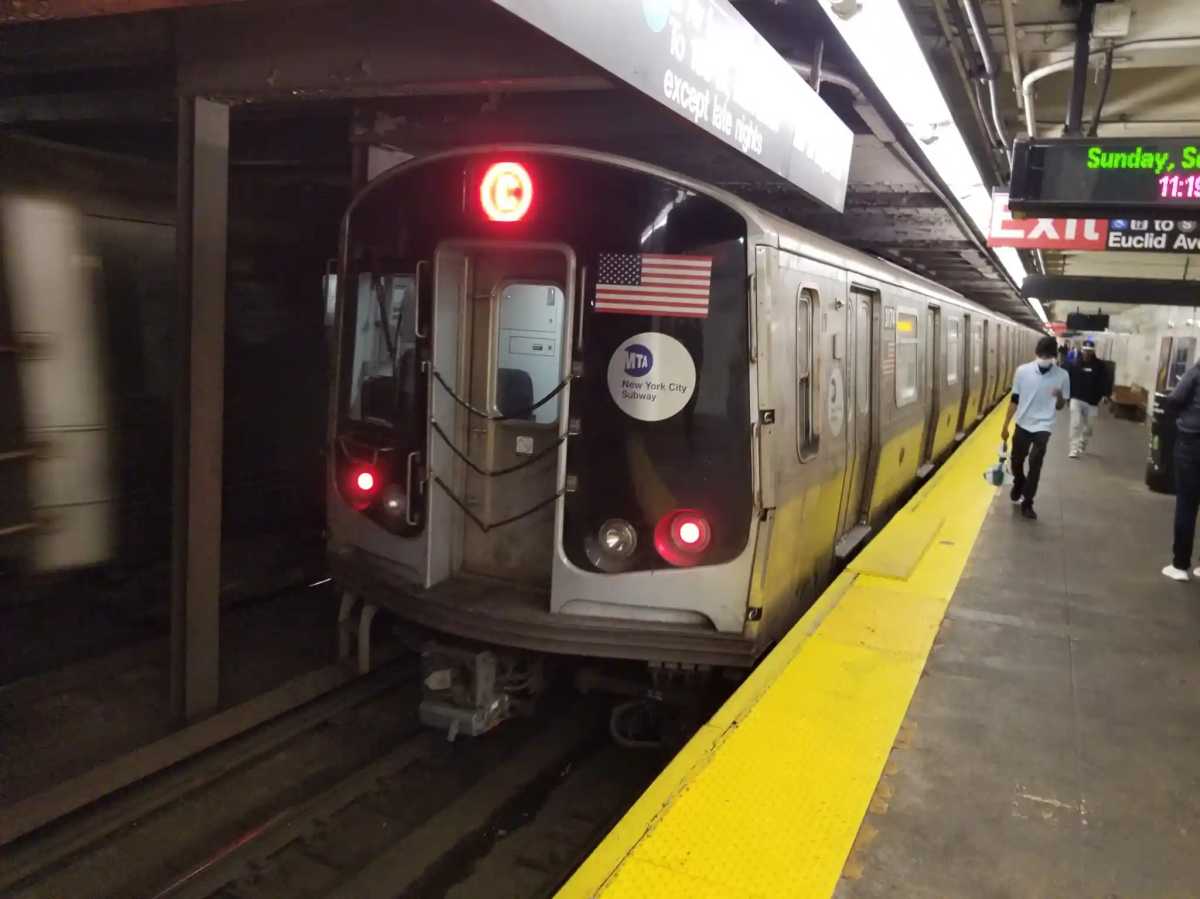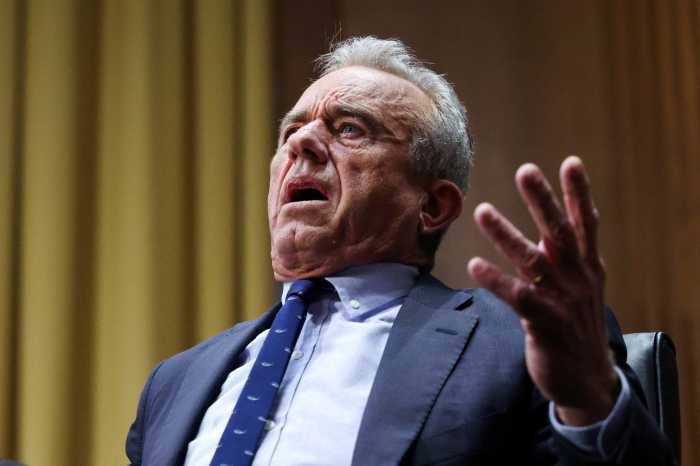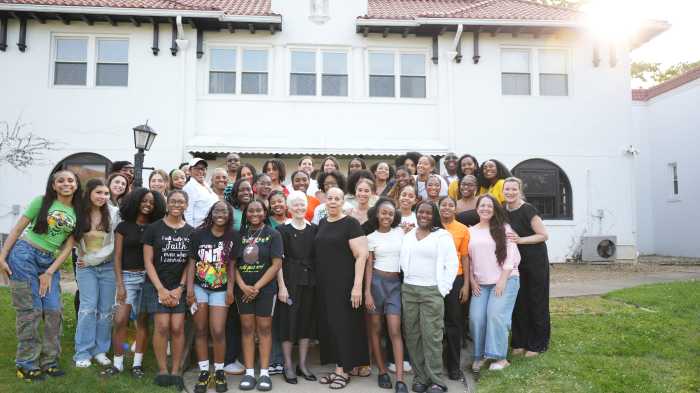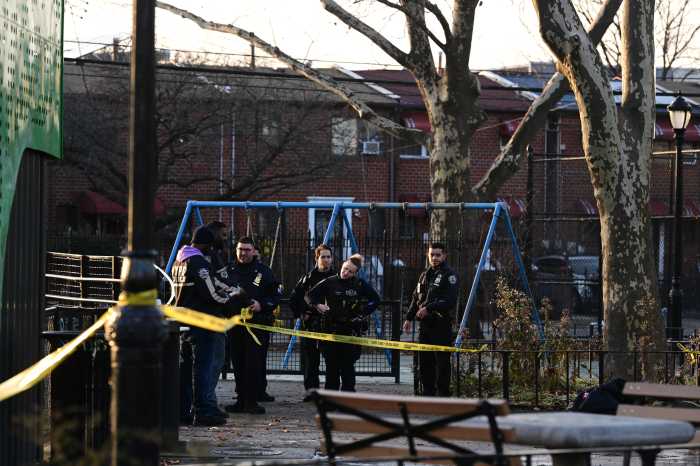A Coney Island lawmaker is recommending that state legislators eliminate fees for city buses and subways, opening up the transit system to all New Yorkers.
Councilman Mark Treyger (D-Coney Island) introduced the non-binding resolution in City Council on Tuesday, claiming the measure could help reduce income inequality and mitigate climate change.
“There is a real opportunity to reimagine mass transit in New York.,” Treyger said in a statement. “With a single measure, we can take a big bite out of poverty, income inequality, mass incarceration, and our impact on climate change.”
The recommendation would require the state to fork over nearly $5 billion to the MTA per year in order to make up for the revenue generated by fares — a reality that one MTA rep said Treyger’s bill fails to address.
“Farebox revenue from subways and buses yields more than $4.8 billion annually and accounts for a significant portion of the MTA’s operating budget, which is already strained to the bone,” said MTA spokesman Tim Minton. “Any serious proposal on this matter would have identified alternate sources of funding for the system that serves as the lifeblood of New York city’s economy.”
But the Coney Island lawmaker argued that the state’s $178-billion budget for 2021 — $87 billion of which is earmarked for transportation — could cover the expense. Nearly 100 cities worldwide already offer free public transport, and the change would incentivize New Yorkers to ditch their cars in favor of mass transit, he added.
“No one should go to jail over $2.75, just like no one goes to jail for skipping an EZ Pass toll,” Treyger said.
In addition to opening up the city’s transit system to cash-strapped New Yorkers, proponents argue that the bill would eliminate the cost of administering and enforcing fares, allowing the MTA to scrap its finicky MetroCard machines and OMNY systems — which allow riders to swipe through using their phones and cost the city $644 million to install.
The move would also rendering Governor Andrew Cuomo’s controversial scheme to combat fare evasion by hiring an additional 500 transit cops — projected to cost taxpayers an estimated $900 million over the next decade — obsolete.
Hundreds of protesters took to Grand Central Station two weeks ago to decry the increase in cops and the $2.75 fare, which activists argue will disproportionately burden the city’s least fortunate.
“F–k your $2.75, no cops in the MTA, free transit, no harassment period and full accessibility,” said a member of Decolonize This Place, the advocacy group that organized the protest and has long fought for the free transit, in a video.


